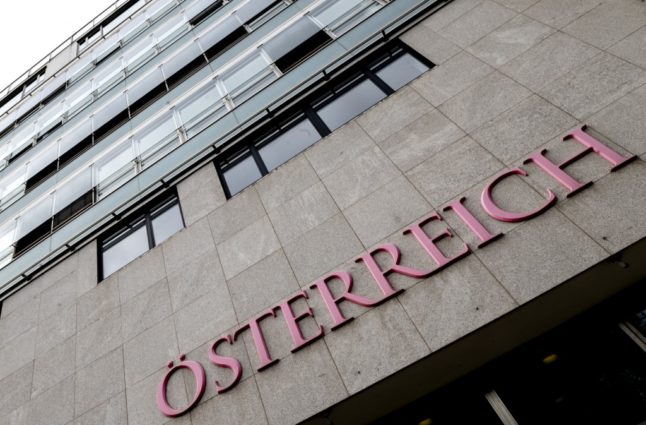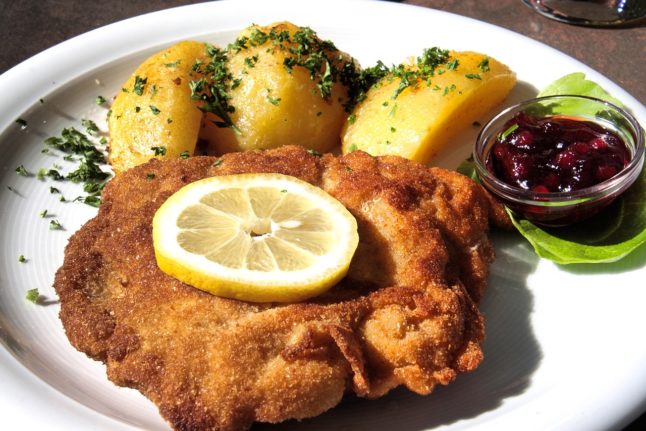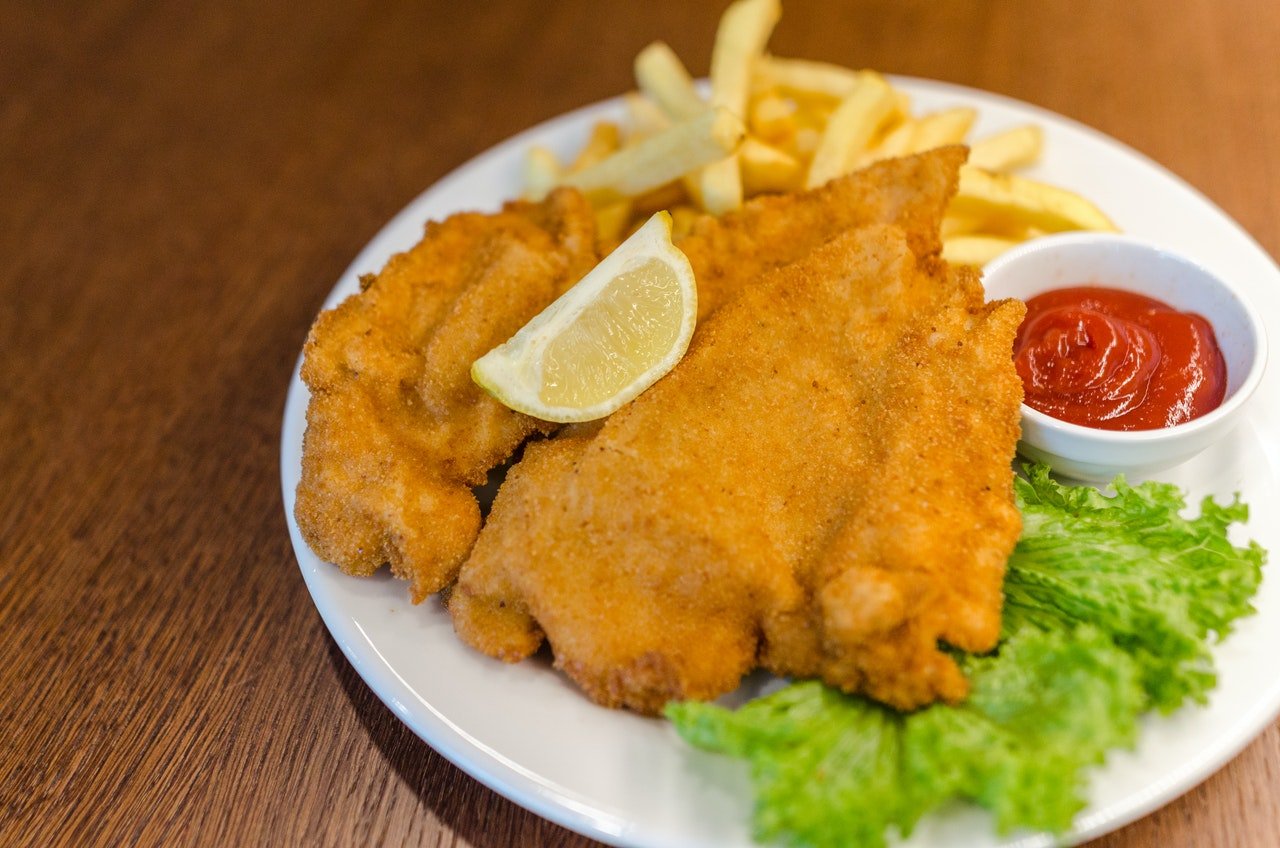‘Don’t call me at the office after 5pm, I’ll be long gone’
Austrians like to start the work day early, between 7.30 and 8.30, and will always leave by 5pm if possible. They take work-life balance very seriously and even those who are not regularly leaving early to pick up children will leave the office as early as they reasonably can. However, Austrians do love their smart phones and tablets so answering emails out of hours has become more common, especially among the younger generation.
Austrian families also like to eat together – at around 6 or 7pm – so working long hours in the office doesn’t make sense to them. It’s also common for most Austrian companies to have an early finish on Friday, by 2 or 3pm – giving you a head start for the weekend.
‘I won’t be in on Friday – it’s a Fenstertag’
The so-called ‘window day’ refers to the day between a weekday and a bank holiday. So if a bank holiday falls on a Thursday expect your Austrian colleagues to take the Friday off as well, and head off to the mountains or lakes. Being a Catholic country Austria has a generous number of public holidays – 17 this year.
‘I’m off to Thailand for four weeks’
Austrians also have generous holiday allowances, with an average of 30 days annual leave a year, compared with 25.2 elsewhere in the EU. It’s also more common to take longer periods of holiday, and many small businesses in the cities will shut down for a month over the summer. Whereas a long summer holiday for a British worker might be two weeks, Austrians are typically entitled to take four consecutive weeks, when they make the most of their house by the lake or jet off in search of more tropical weather.
‘I’m out for lunch – back in an hour and a half’
In keeping with their early starts Austrians also like to lunch early and heartily, at around 12, and never at their desks. Don’t be surprised to notice your office clearing at noon when your colleagues head off to the local cafe or restaurant and load up with a soup, a main and dessert – plus a glass of wine or beer. Lunchtime drinking (in moderation) isn’t frowned upon, and lunch is a social occasion for many.
‘Join us for a glass of sparkling wine’
Austrians love to crack open the Sekt, or sparkling wine, for a colleague’s birthday – and bringing in cake is common too. So don’t be surprised if you’re handed a glass at 11 in the morning and encouraged to take a break and sing a raucous round of ‘Hoch soll er/sie leben’ – the German equivalent of Happy Birthday.
‘There’s slippers by the door if you need some’
As in Austrian homes, it can be common in some smaller offices to be asked to take your shoes off when you enter the office, and wear slippers whilst inside. There might be a basket of ‘guest slippers’ or you can bring in your own. This is especially common during the winter months.
‘Don’t step on the dog’
Austrians love dogs – it’s more common here for dogs to be allowed into cafes and restaurants and the same goes for offices too. If the boss has dogs he or she is sure to bring them in, and some workers are encouraged to do the same. It’s a great excuse for a screen break – offering to take the dog for a quick walk (but remember to pick up any poop unless you want to risk a fine). As if the dogs aren’t distracting enough, it’s also very common for parents to bring their new babies in to work to introduce to their colleagues. Expect them to stay the whole morning – and for lunch as well. Maybe someone will open a bottle of Sekt.
‘Do you have a graph for that?’
Austrians place great importance on supporting data – so, if you’re presenting an idea or proposal during a meeting, try and back your presentation up with graphs or other data which clearly demonstrates the points you are making. Otherwise they might think you’re making it all up.
‘Are you a Bachelor’s or a Master’s?’
Austrians have a great respect for academic titles – maybe because it takes them so long to get their Masters, or Magister (at least four to six years of studying), and once they have it they want everybody to know. Do expect to be asked if you want your academic title on your business card. And remember to address older colleagues with the polite Sie (the formal form of ‘you’) until you are told otherwise.
‘Shall we go to the smoking room?’
Most offices will have a room designated for smokers – likely to be full of stale, smoke-filled air and occupied for much of the day. Austria doesn’t yet have a comprehensive smoking ban and thus smokers aren’t banished to some windswept area ten metres away from the office.




 Please whitelist us to continue reading.
Please whitelist us to continue reading.
Member comments